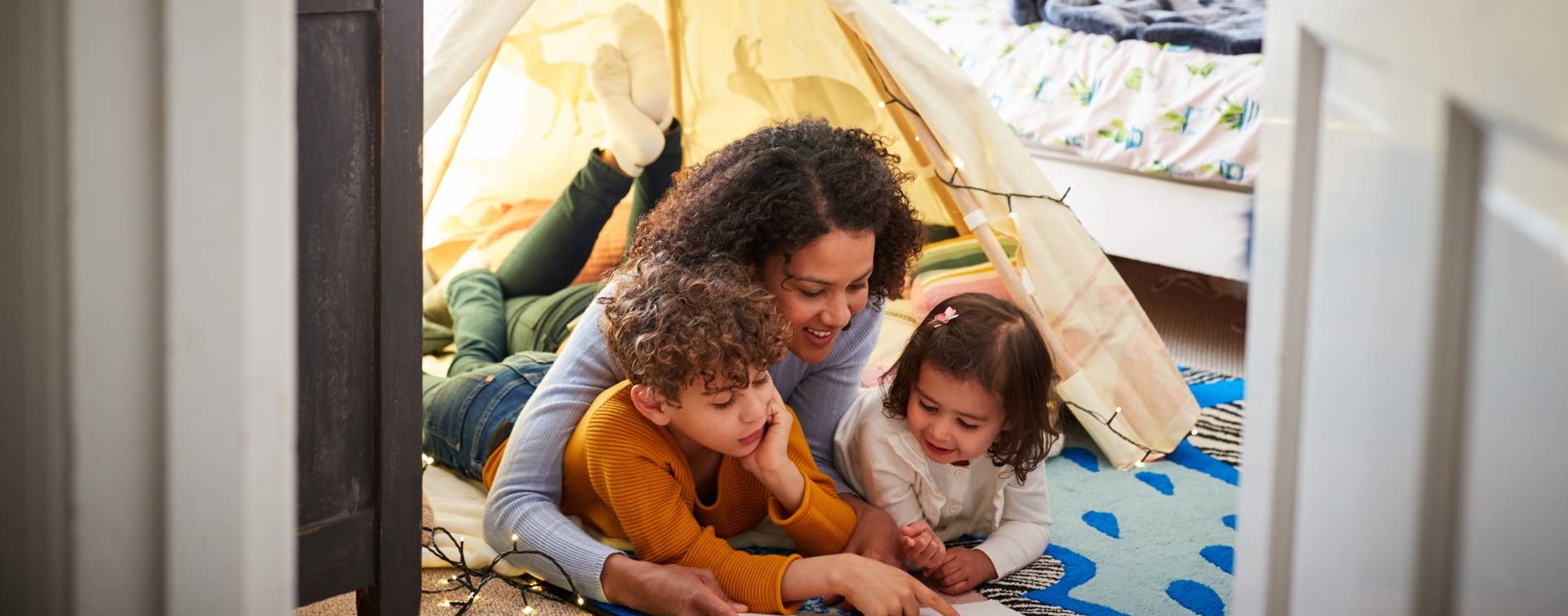When divorcing parents have a child who has special needs, the physical and emotional needs of the child should be at the forefront of all custody decisions. This is particularly true for children who have serious physical and/or intellectual disabilities.
It’s essential to remember that there are two elements of custody: physical and legal. Let’s look at considerations involving physical custody first.
Physical Custody Issues for Special Needs
If a child needs a home with accessibility features or requires special equipment, it may be more convenient and cost-effective for one parent to get sole physical custody. The other parent would then make regular visits. This, however, may involve keeping the child in the family home. Parents may opt for a “bird’s nest” arrangement where the child stays in the home, while they take turns living there with the child.
Disruption Can Be Harmful to Your Child
For many reasons, it’s generally best not to disrupt the child’s life or routine any more than necessary. It is usually preferable if the child doesn’t have to relocate to another area. An example is if children are enrolled in a special education program or have caregivers who come to their home.
The same is true for children who have regular physical therapy and medical appointments. These are also important considerations when determining the visitation schedule. Will parents take turns getting the child to these appointments or will one parent be responsible for that?
Legal Custody Considerations
Legal custody can be a particularly crucial matter, especially when a special needs child is involved. This is because it codifies, among other things, who has the legal authority to make medical and educational decisions for a child. If parents are on the same page about these things, they may both retain legal custody. However, if there are conflicts between parents regarding the child’s care and education, it may be best for the child if only one parent retains legal custody. Like physical custody, legal custody may need to continue past the time the child turns 18.
Every Situation is Unique
Parents of special needs children who are considering divorce may benefit from seeking advice from other parents who have gone through the same thing. While every situation is unique, these parents can make you aware of particular issues you may not have anticipated. Then you should discuss all of your concerns, both for the near and long-term future, with their Rhode Island family law attorney. This will help you work towards a parenting plan that’s optimal for your child.
Source: Our Family Wizard, “Co-Parenting A Child With Special Needs,” Jan. 17, 2017

